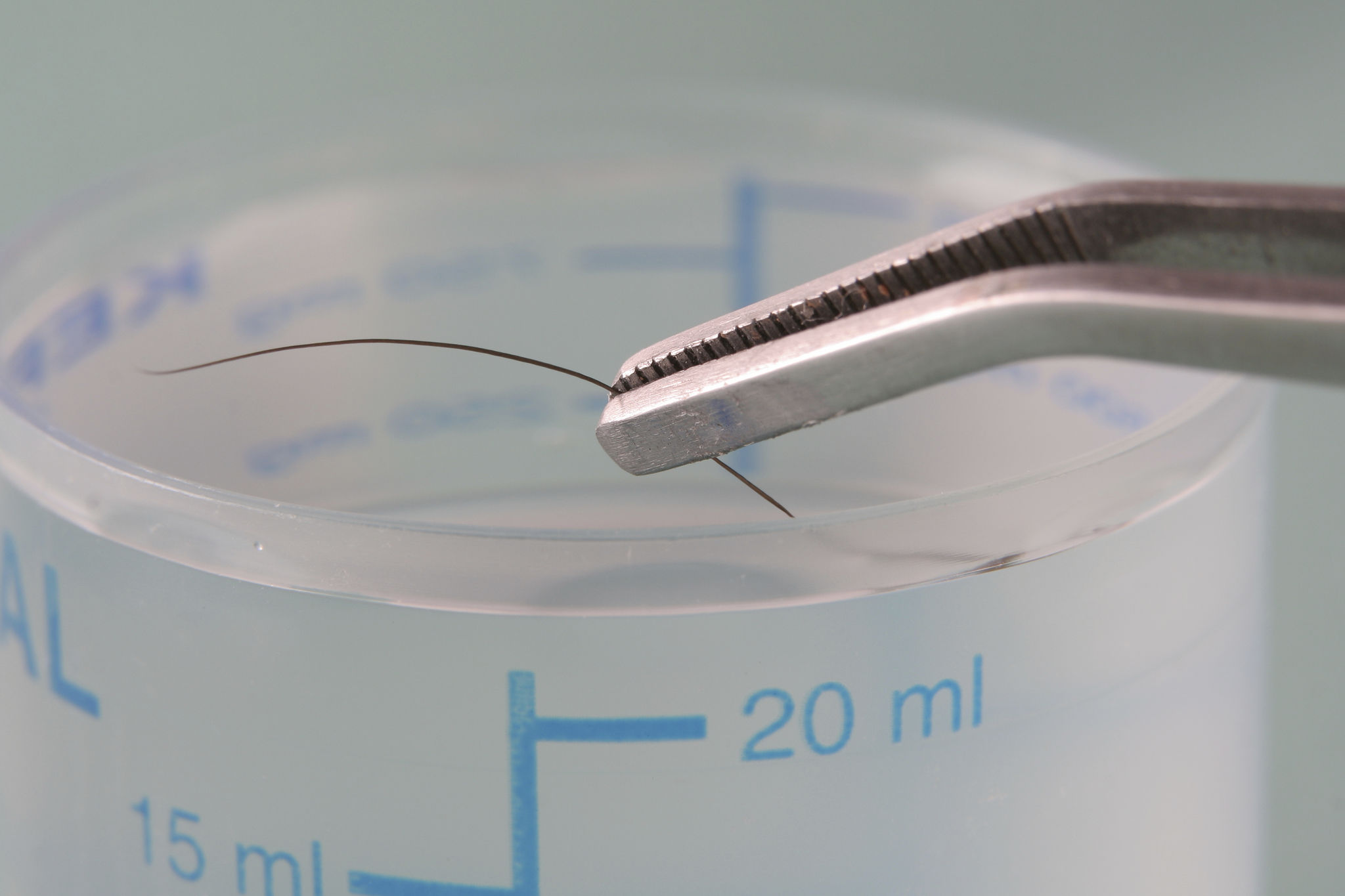Preparing for a Drug Test: What You Need to Know
Understanding Drug Tests
Drug tests have become a common requirement in various settings, such as workplaces and sports. These tests are designed to detect the presence of drugs or their metabolites in your system. Different tests can check for substances like marijuana, cocaine, opiates, and more. It's essential to understand how these tests work to prepare effectively.
Most drug tests analyze samples from urine, hair, saliva, or blood. Each type of test has its own detection window, which is the period during which a drug can be detected in your system. For instance, while a urine test might detect marijuana for up to 30 days after use, a hair test can do so for up to 90 days.

Types of Drug Tests
Urine Tests
Urine tests are the most common form of drug testing due to their ease of administration and cost-effectiveness. They can detect most drugs for several days after use and are often used by employers. Knowing the type of test you'll undergo helps you prepare accordingly.
Hair Tests
Hair tests provide a longer detection window, making them useful for identifying long-term drug use. These tests require a small sample of hair and can detect drug use over the past 90 days. However, they may not be as effective in identifying recent drug use compared to other test types.

Preparing for the Test
Know the Substances Being Tested
Before taking a drug test, it's crucial to know which substances are being tested. Most standard tests cover a range of drugs, but some may focus on specific substances. This knowledge can help you determine how long you need to abstain from certain drugs to ensure a negative result.
Natural Detoxification
One of the most reliable ways to prepare for a drug test is through natural detoxification. This involves abstaining from drug use and allowing your body to metabolize and eliminate toxins naturally. Staying hydrated, maintaining a healthy diet, and exercising can support this process.

Common Myths and Misconceptions
There are many myths surrounding drug tests, such as using products or home remedies to mask drug use. While some claim these methods work, they can be unreliable and risky. Instead, focus on proven strategies like natural detoxification and understanding detection windows.
It's also important to be aware that some over-the-counter medications and supplements can result in false positives. If you're taking any medications, disclose this information before the test to avoid potential issues.
Conclusion
Preparing for a drug test requires understanding the type of test being administered and the substances it covers. By focusing on natural detoxification and being informed about potential myths and misconceptions, you can approach your test with confidence. Remember, the best way to pass a drug test is to avoid drug use altogether.
